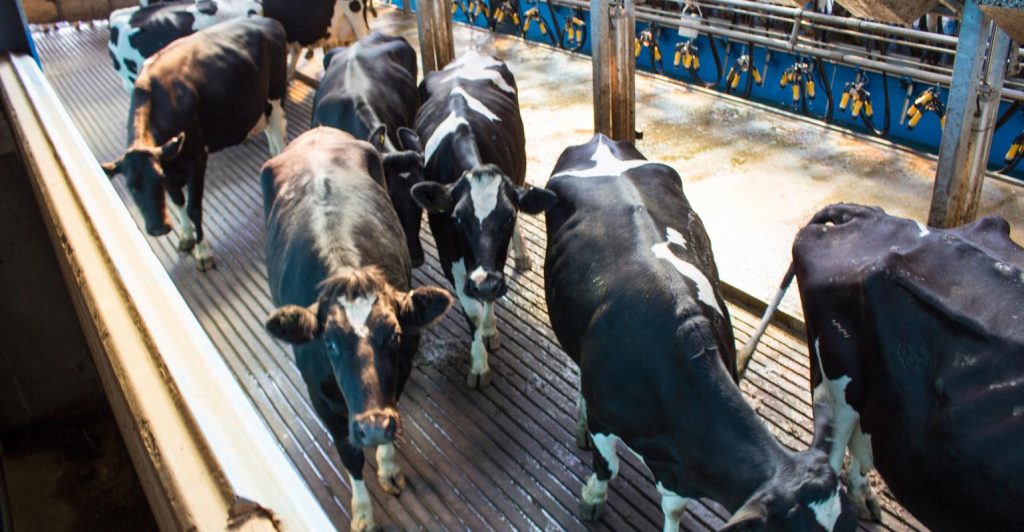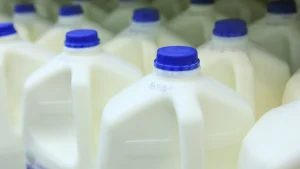
U.S. Trade Representative Robert Lighthizer is expected to unveil an enforcement action against Canada over its rules for U.S. dairy imports, according to a government official.
The official, who asked not to be named because they aren’t authorized to speak publicly on the matter, said the U.S. had informed Canada of its decision to file the enforcement action. Canada maintains that it is fully within its rights to apply tariff-rate quotas, or TRQs, which follow the rules laid out in the trade deal between the U.S., Canada and Mexico that went into effect in July.
The move represents the first enforcement action under the new USMCA agreement. Lighthizer’s decision was first reported by Politico on Monday. A spokesman for the U.S. Trade Representative didn’t immediately respond to an emailed request for comment.
“Canada’s administration of its dairy TRQs is in full compliance with its commitments under the new NAFTA,” Youmy Han, spokesperson for Canada’s Trade Minister Mary Ng, said in an email. “Our government will always stand up for our dairy farmers and a strong supply management system in Canada, which ensures the viability of our family farms and the vitality of our rural areas.”
A spokesperson for Canada’s agriculture minister didn’t immediately respond to an email request for comment.
Dairy Concerns
The U.S. dairy industry has pushed this year for the incoming Biden administration to ensure the Canadian government complies with rules the new agreement set forth and end trade practices that disadvantage American dairies.
“The dairy industry has been concerned about how Canada would implement the new features of the USMCA ever since it’s been put into force,” Dave Salmonsen, senior director of Congressional relations at the American Farm Bureau Federation, said by phone.
Final details that would provide guidelines on U.S. dairy sales into Canada must be solidified six months after it was signed, according to the agreement. That would include changes to details on pricing categories that historically have garnered Canadian government subsidies for dairy farmers there.
The agreement should also free up more than $300 million a year in U.S. exports to Canada through a revised tariff rate quota program, according to the Farm Bureau.
“For those companies that want to do it and the fact that the opportunities are good, it’s always best to trade with the neighbors,” Salmonsen said. “Your supply-chain shipping costs are lower than putting it on a ship and sending it around the world.”
The Dairy Farmers of Canada, which represents workers on about 12,000 farms, declined to comment.
–With assistance from Marcy Nicholson and Ana Monteiro.
© 2020 Bloomberg L.P.























